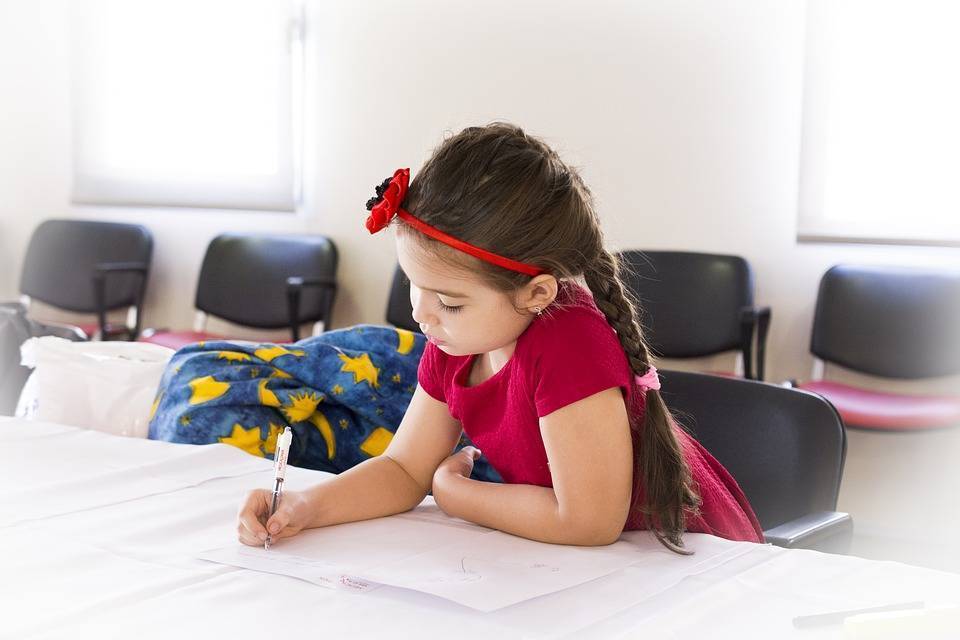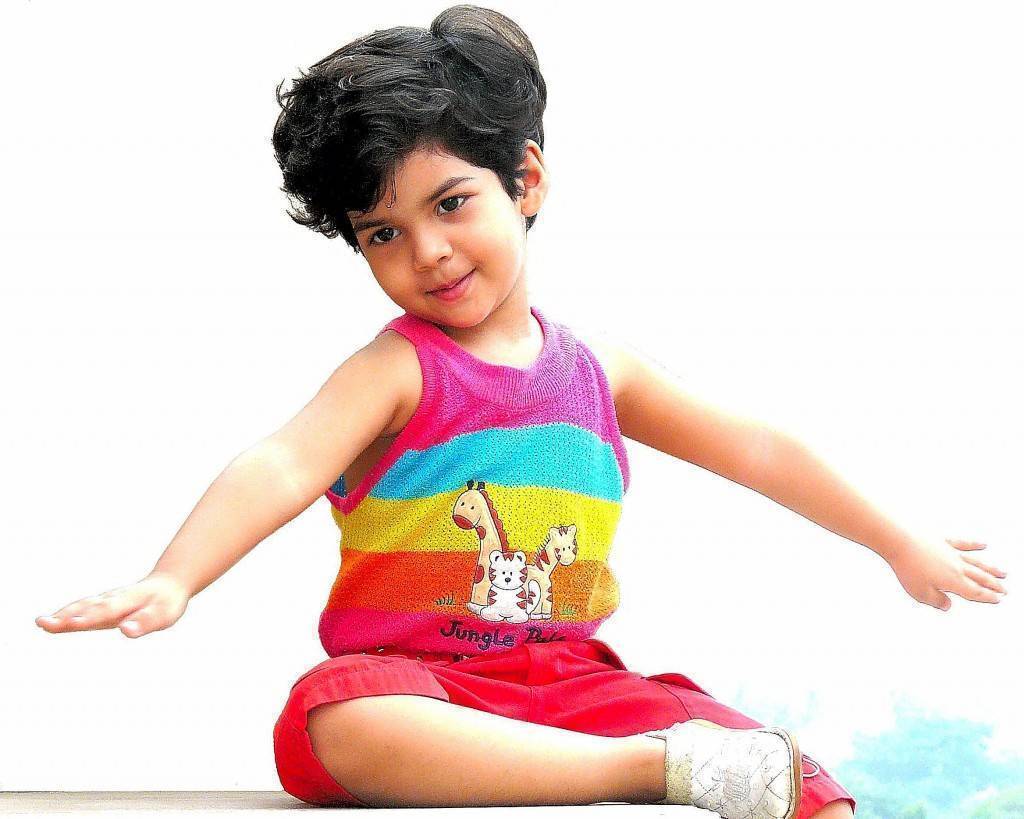Learning Disabilities In Children
 Does your child find school life difficult? Does he or she struggle with reading, writing or arithmetic?
Does your child find school life difficult? Does he or she struggle with reading, writing or arithmetic?
Studies show that around 30% of all children of school going age are physically, emotionally, or psychologically handicapped so much so that they perform very poorly in academic matters. However, it would be a great mistake to classify them all as ‘stupid’. They cannot be branded ‘lazy’, or ‘hyper’ or ‘hopeless’ cases. Most often they may be weak in the traditional kind of academic performance, and bright in other kinds of activities such as art or technology.
If your child suffers from a learning disability and therefore perform poorly at school, it is important to diagnose the problem and treat it scientifically.
What are learning disabilities?
If your child has average or above average intelligence (IQ), does well in some or other extra-curricular activities, but still have difficulties in reading, writing or arithmetic (disproportionate to their known intelligence level), he/she might be suffering from learning disabilities. It is important to understand that these learning disabilities are not because of lack of motivation or intelligence of these children. It is just that their brains are designed a little differently.
The following are the major learning disabilities seen in children:
Dyslexia
Dyslexia literally means disability relating to words. If a child has difficulty in reading and understanding words despite being physically and emotionally developed enough, dyslexia may be diagnosed. Children affected by dyslexia might see just letters instead of words, and words instead of sentences. Dyslexia is not mental retardation. The ‘language centres’ in the brains of dyslexic children are structured differently from those who do not have this disability. They might read words wrongly, read from back to front, or read on without stopping at full stops or comma, without understanding the meaning. They might miss words or whole lines when they read.
Dysgraphia
Children who are affected by dysgraphia may know what to write, but they will not be able to express themselves in writing. Their handwriting is generally poor. Spelling and grammar mistakes, problems with punctuation and spacing between words, and not being able to write on lines are common among them.
Dyscalculia
This is a learning disability that is related to numbers and arithmetic. Children affected by this condition will find it very difficult to understand simple mathematical operations such addition and subtraction. They might find it difficult even to tell the time looking at a watch. They might take a very long time for simple mathematical operations. Memorization of times tables will be extremely difficult. Even reading bigger numbers will be problematic. These children will find higher mathematics impossible, since they have not had the basic understanding of concepts and symbols. Special situations require the expertise of a trained professional in speech therapy services in Singapore.
Dyspraxia
Developmental dyspraxia is the condition of underdevelopment of movement coordination. Children affected by dyspraxia find it difficult to synchronize their movements with their intentions and ideas. They might find it difficult to hold a pencil or button up a shirt. They might be called clumsy or careless. These children might become silent and withdrawn due to negative social experiences.
Learning disabilities due to physical problems
There are some children who have hearing and sight problems since birth. If undetected, these problems result in the child being weak in academics. In the absence of a perceptive parent or teacher, such children might never be diagnosed, resulting in them being branded as lazy and uninterested in studies.
Attention deficit hyperactivity disorder (ADHD)
Children with ADHD cannot focus on anything for more than a few seconds. They are very restless, and cannot sit still for more than a minute. Naturally, they get weak in academics, and are quite disruptive in class. They might be quite intelligent in some areas, but anything that requires concentrated effort will be very difficult for them.
Learning disabilities due to emotional/psychological problems
Irrational fear, anxiety, depression, and separation anxiety from parents may result in learning problems in school. Other than these, bullying in school, teachers who punish severely, lack of discipline in the school environment and negative home atmosphere also can lead to children performing poorly in school. Some children may be more vulnerable to these influences than others. Different children will react to the same environment differently.
General symptoms of learning disabilities
If a child exhibits the following symptoms quite consistently, he/she should be checked for learning disabilities.

Below 5 years
- Difficulty in pronouncing words
- Difficulty in finding the right word to say
- Problems in memorizing letters of the alphabet, numbers, colours, shapes and days of the week.
- Inability to follow directions
- Difficulty in using pencils and scissors, buttoning and zipping up, tying shoe lace.
5 to 9 years
- Difficulty in understanding the relationship between letters and sounds
- Pronunciation difficulties while reading aloud
- Jumbling up sounds within a word
- Difficulty in doing basic mathematical operations
- Inability to tell the time looking at the watch
- Inability to learn new skills
Above 10 years
- Difficulty to comprehend what is read
- Inability to do mathematical problems
- Reluctance to read and write
- Writing wrong spelling
- Reluctance to do homework
- Very untidy room and study table
- Reluctance to take part in classroom discussions
- Bad handwriting
Most children exhibit one or more of these symptoms some time or the other during their school life. These symptoms should be taken seriously only when they are exhibited in a daily, continuous manner.
Remedial measures for learning disabilities
Usually it is the teachers at school who suspect that a child may have a learning disability. Once it is suspected, parents should be informed, and a team consisting of a psychiatrist, psychologist, pediatrician and a speech therapist will have to deal with the child on a one-to-one basis. Students should be under the care of teachers who are trained in Remedial Education and Special Education.
Apart from Remedial and Special Education, children with learning disabilities need emotional and psychological support from parents and teachers. Instead of blaming and punishing them, they should be encouraged, and complimented for small achievements. Also, they should be given opportunities to nourish abilities that are outside the purview of the school curriculum, such as art and handicrafts.
With adequate support and an appropriate teaching and learning approach, students with learning disabilities can also lead a normal and fulfilling life.

